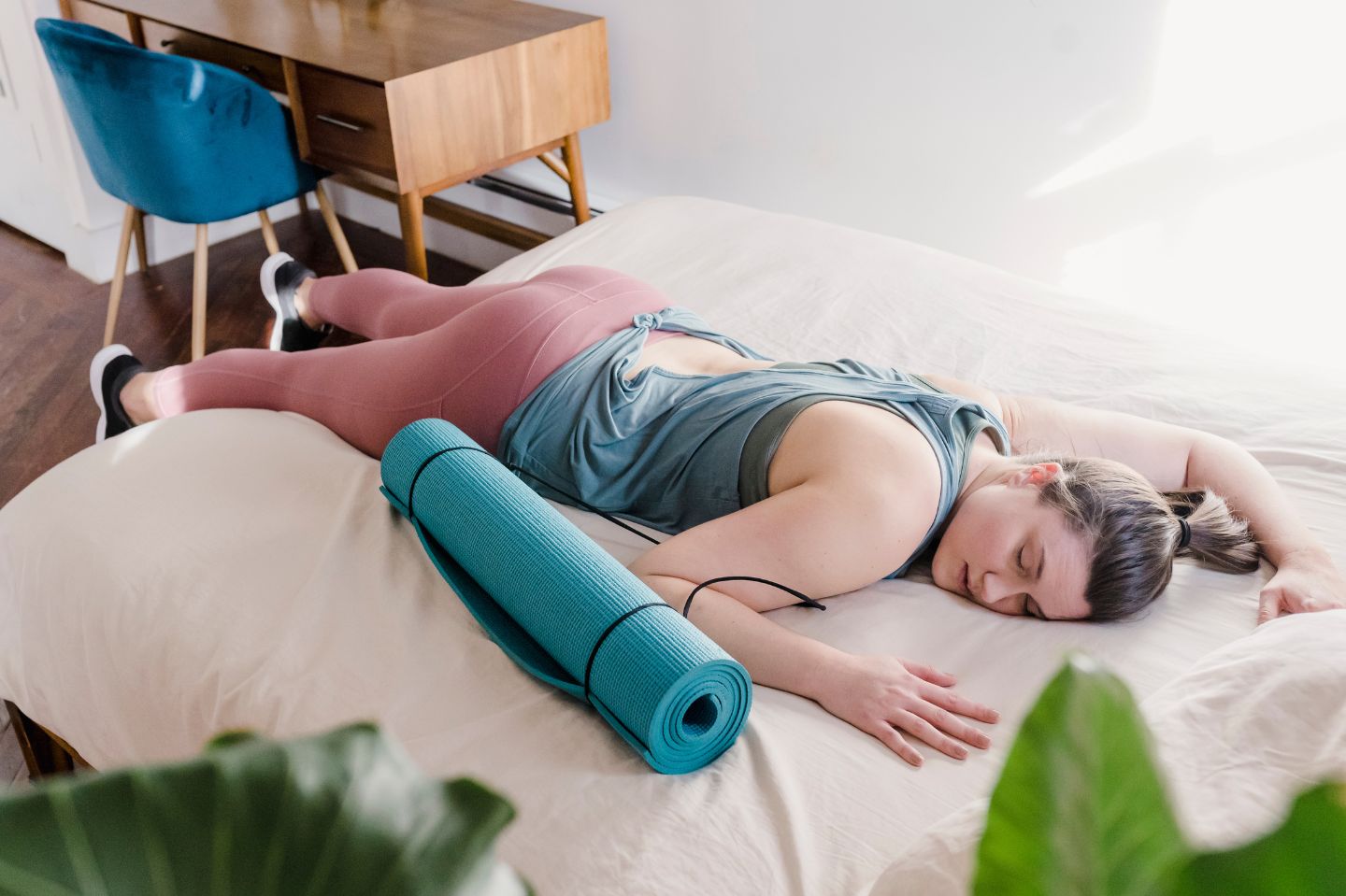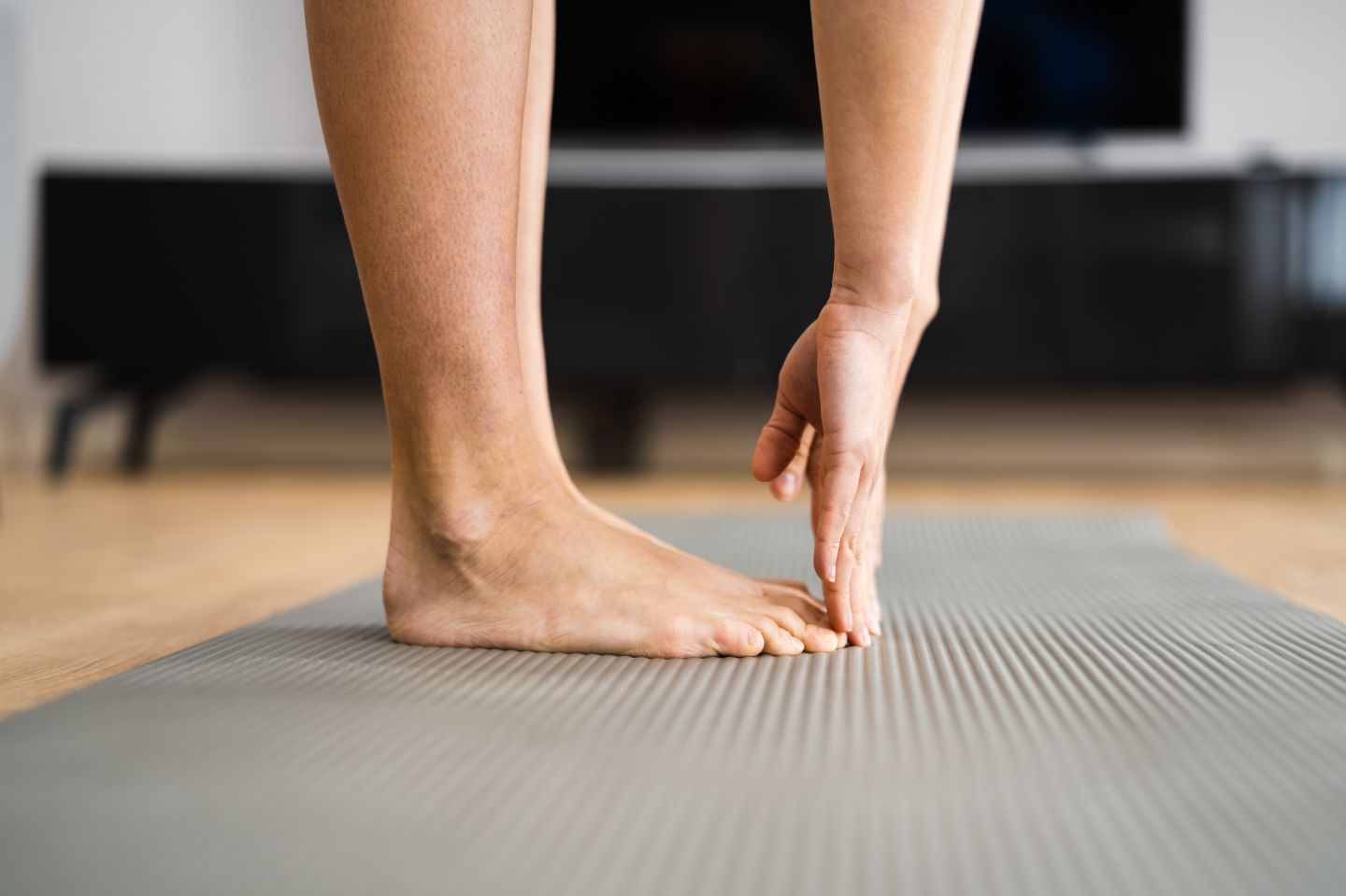In our fast-paced world, sleep often takes a back seat to busy schedules and endless commitments. Some individuals pride themselves on functioning well with just 6 hours of sleep, considering it a trade-off for productivity. But what does science have to say about this? Delving into the research, we uncover the consequences of skimping on sleep and explore whether 6 hours is truly sufficient for our health and performance.
The Science Behind Sleep Needs
- Sleep Duration Guidelines: The National Sleep Foundation recommends that adults aged 18-64 should aim for 7-9 hours of sleep per night to ensure optimal health and well-being.
- Cognitive Impact: A study published in Nature Communications (2018) revealed that chronic sleep restriction to 6 hours a night for two weeks led to cognitive deficits equivalent to going without sleep for 48 hours, impairing attention, memory, and decision-making (Lim et al., 2018).
Health Consequences
- Cardiovascular Risks: Inadequate sleep is associated with an increased risk of cardiovascular diseases. Research published in the European Heart Journal (2011) found that individuals who consistently slept 6 hours or less had a higher risk of developing hypertension (Hoevenaar-Blom et al., 2011).
- Metabolic Impact: A study in the American Journal of Clinical Nutrition (2013) demonstrated that insufficient sleep disrupts glucose metabolism and increases the risk of obesity and diabetes (Buxton et al., 2013).
Performance and Productivity
- Physical Performance: A study published in the Sleep Journal (2017) revealed that sleep restriction to 6 hours for 4 consecutive nights resulted in decreased endurance performance and increased perceived effort during exercise (Thun et al., 2017).
- Workplace Productivity: Research in the Journal of Occupational Health Psychology (2010) found that employees who consistently slept 6 hours or less experienced decreased productivity and cognitive function (Barnes et al., 2010).
Individual Variability
It’s essential to note that individual sleep needs can vary due to genetics and lifestyle factors. While some people might function adequately on 6 hours of sleep, research consistently indicates that most individuals need more sleep for optimal health, cognitive function, and performance.
Conclusion
Science underscores the importance of adequate sleep, with research indicating that 6 hours may not be enough for most adults. While individual variability exists, the cumulative health risks associated with chronic sleep deprivation should not be underestimated. Prioritizing sleep, striving for the recommended 7-9 hours, and recognizing that sleep is a non-negotiable investment in long-term health and productivity is a choice that will reap rewards for years to come.















